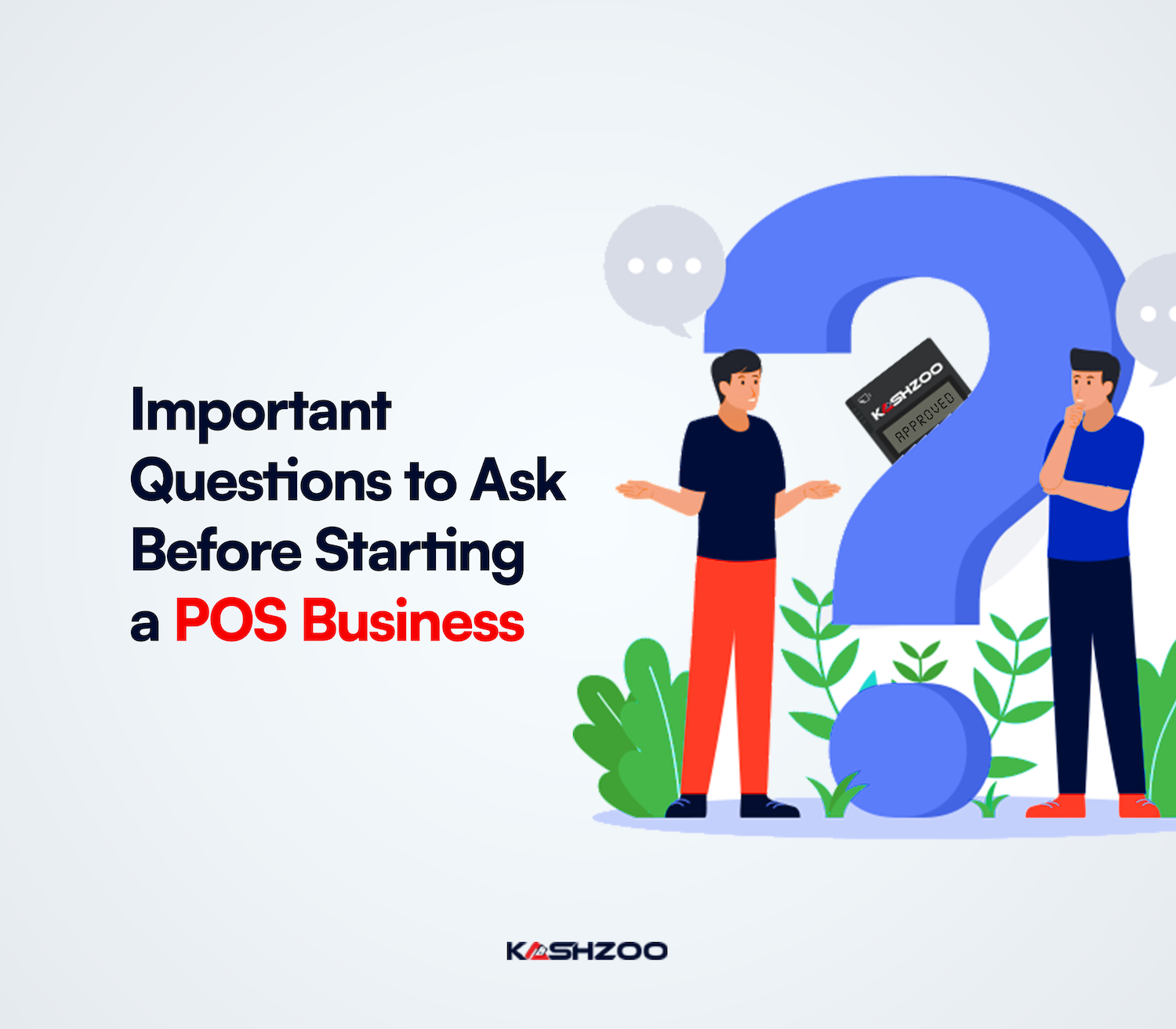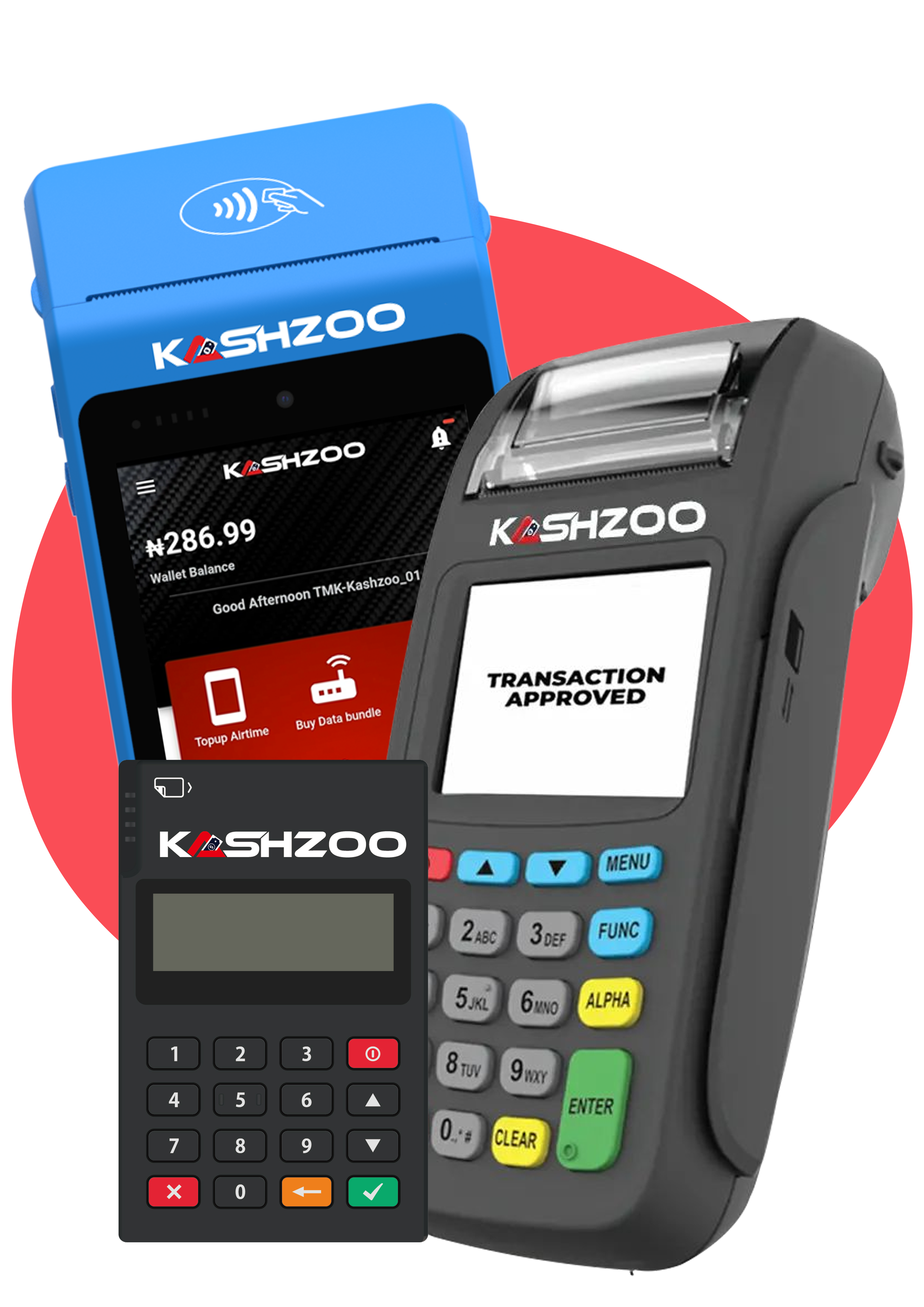The Point-of-Sale (POS) business is one of the fastest-growing businesses in Nigeria. It is popular because it is convenient and profitable, especially in areas with limited access to traditional banking services. However, you need to understand that starting a POS enterprise needs thorough planning. Also, the knowledge of key factors to ensure success is important. In this post, we have compiled some essential questions you should consider before launching your POS business.
1. What is my business plan?
A concrete business plan ensures the success of any business venture. Your plan is the map that will guide your operations, help secure funding, and outline your business goals. Ask yourself the following questions when drafting your business plan;
- What are my business goals in the short and long term?
- How will I source my initial capital?
- Who is my target audience?
- What is my marketing and promotional strategy?
- How will I manage day-to-day operations?
You can stay on track and measure your business progress if you sincerely answer these questions.
2. What Is the demand for POS Services in my target area?
Get to know the demand for POS services in your desired location. Research your target area to determine;
- Is the demand for agency banking critical?
- Are there functional ATMs in the area that can affect my business goals?
- Are there enough customers who will need these services?
- How frequent are cash transactions in the area?
- What alternative banking solutions are available?
Look for loopholes in service that your POS business can fill. Usually, POS services have higher demand in rural or semi-urban areas due to a lack of nearby banking facilities.
3. What are my start-up costs?
Starting a POS business has costs you must include in your budget. These may include:
- Cost of purchasing or leasing POS terminals
- Initial cash to load into the POS system
- Rent (if applicable), furniture, and utilities
- Marketing expenses
You need to calculate your start-up costs accurately to avoid unexpected financial burdens once you kickstart your business.
3. Who are my competitors?
Conduct a competitor analysis to understand how competitive POS operators are in your location. You should ask these questions;
- Who are the existing POS operators in the area?
- What services do they offer?
- How do they price their services?
- What customer experience do they provide?
Understand your competitors’ strengths and weaknesses to help you identify opportunities to differentiate your business.
4. What are the regulations and licensing requirements?
Every business must comply with regulations. Hence, for a POS business, the rules you may need to comply with are;
- Business registration with the appropriate authority
- Register with a POS service provider like Kashzoo
- Complying with anti-money laundering (AML) and know your customer (KYC) regulations
Ensure you research the necessary licenses and certifications to avoid future troubles.
5. What risks are involved?
No risk-free businesses exist, so operating a POS venture carries some risks. Some of the common risks include:
- Security risks, such as fraud and theft
- Regulatory compliance issues
- Cash flow problems, especially when demand for withdrawals is high
Understand and prepare ahead for these risks to create strategies to mitigate them, such as investing in secure POS systems and providing training to your staff on safety procedures.
5. Which POS service provider should I use?
Choose the right POS service provider because it is necessary for the success of your business. Here are what you should consider when selecting a provider:
- Transaction fees: Are they competitive and affordable?
- Reliability: Does the provider offer consistent uptime?
- Security features: What are the measures to protect against fraud?
- Customer support: Is help readily available when technical issues arise?
Compare different providers and select the one that meets your POS business needs and offers fair transaction rates.
6. What should my pricing structure be?
Your pricing structure can determine whether your business will be profitable. Consider these factors when setting prices:
- The transaction fees charged by your service provider
- The standard fees charged by competitors in your area
- The economic conditions and affordability of your customers
Find a balance between being competitive and covering your operational costs. You can also offer other services such as bill payments, airtime top-ups, and transfers to increase revenue streams.
7. How will I promote my POS business?
Promoting your business will attract customers and enhance growth. Consider the following methods to promote your business:
- Word-of-mouth marketing: Encourage satisfied customers to refer others.
- Social media marketing: Use platforms like Facebook or WhatsApp to reach a wider audience.
- Flyers and posters: Display catchy promotional materials in your location.
- Customer loyalty programmes: Offer discounts or bonuses to regular customers.
The goal is to build a strong presence and ensure your target audience knows the benefits and convenience your POS business offers.
Our Take
The POS business is a lucrative venture, but it requires careful consideration of many factors. By addressing these important questions raised above, you will be better prepared to start and run a successful business. More importantly, having a clear business plan, understanding the demand and competition, and being proactive about risks will ensure your business thrives in the long run. Should you need help choosing the suitable POS device to kickstart your POS business, do not hesitate to contact our customer support service at Kashzoo to get you started.




What do you think?
It is nice to know your opinion. Leave a comment.